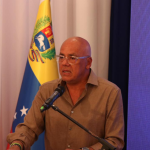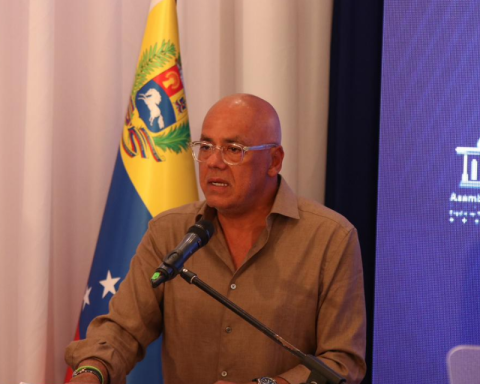The balance of President Luiz Inácio Lula da Silva’s trip to China and the United Arab Emirates can be done in several ways. O commercial bias it was important, with investments and deals agreed, and that was the easy part. Everyone has to gain.
The president classified the visit as “extraordinary”. In China, agreements totaled R$ 50 billion and, in the United Arab Emirates, more than R$ 12 billion. “And what is more important than the sum of money is the possibility of new agreements that can be made. Not just from a commercial point of view, but from a cultural, digital, educational point of view”, he evaluated in a press conference. this Sunday (16th), in Abu Dhabi.
The terms signed between the two countries include space cooperation agreements, research and innovation, digital economy and fight against hunger, exchange of communication content between the two countries and trade facilitation.
Diplomacy
Another aspect of the diplomatic trip concerns the beginning of the relationship between Lula and Xi Jinping, the Chinese leader. Despite the fact that the relationship is between governments, it is undeniable that a certain mutual sympathy helps. And it did. In addition to the conversation between the two delegations, there was another one, private, between both. The private meeting, which was scheduled to last 15 minutes, lasted well over an hour.
The whole world is curious about the results of this meeting, because two important issues depend heavily on initiatives from Brazil and China. The first of these is the war in Ukraine. The second is the environment. They are complex, depend on a lot of diplomacy, dialogue, and are urgent.
In the case of the war in Ukraine, Lula’s position is that it is necessary to form a group of neutral countries, which are respected by both sides, to bring Russia and Ukraine to the negotiating table. And of all these countries, the most important is China, because since the sanctions against its economy, Russia has become even more dependent on the Chinese.
“The war decision was taken by two countries. And now what we’re trying to build is a group of countries who are not involved in war, who do not want war, who want to build peace in the world, so that we can talk to both Russia and Ukraine. But we also have to take into account that it is necessary to talk with the United States and the European Union”, stated Lula. He also said that he intends to involve Latin American countries.
Convincing China to lead this group is also, in a way, ensuring that it, which is the fourth largest arms producer in the world, does not sell war material to Russia. If that happens, it will be very difficult to see the end of this war, which, in addition to the enormous suffering it has produced, has had very bad effects on the world economy.
Russia and Ukraine are major agricultural producers and the war is causing the prices of many foods to rise. There is also the energy issue. Without buying the gas that came from Russia, European countries are spending three times more to import the gas that has to arrive by ship.
If you add the cost of sending arms and sustaining the weakened Ukrainian economy, this expenditure of money is unsustainable for many European countries. But one cannot exaggerate expectations that China can solve the problem either.
Sport as an example
China, which has had an extraordinary capacity to grow at rates that cause admiration and envy, appears to have decisive power. However, a subject that Brazil knows very well shows that, sometimes, wanting is not being able to. We are talking about football.
Chinese leader Xi Jinping rose to prominence as he successfully organized the 2008 Beijing Olympics. Enthusiastic about the power of sport in terms of popularity and influence in society, he decided to bet on football, which could yield more success. yet.
He planned for the sport to receive investments to make China a world power. Soon after the Olympic Games in Rio de Janeiro, in 2016, the Chinese market was filled with millionaire funds and began to import players. The plan was to build 70,000 soccer fields and have a base of 50 million Chinese playing soccer. And more: they wanted to host a Cup and win the tournament by 2050.
Such ambition was very quickly defeated by the difficulty of creating a soccer culture, a sport that, more than discipline and order, demands and depends on creativity and freedom. As a result, not only did success not come, but the president of the Chinese football federation was arrested in February this year, and there are serious problems linked to corruption. Men’s football is pathetic and only the women showed reasonable football.
The Chinese soccer ball has deflated. This small example shows that perhaps it is more realistic and necessary to unite several countries, each one contributing a little to the resolution of complex world problems. It is increasingly difficult for any superpower to impose its will. Other important actors ask for passage on the international scene. This includes Brazil and especially China.














